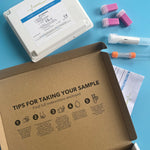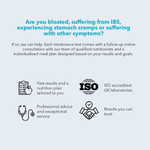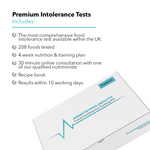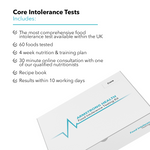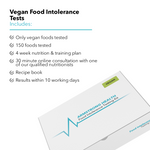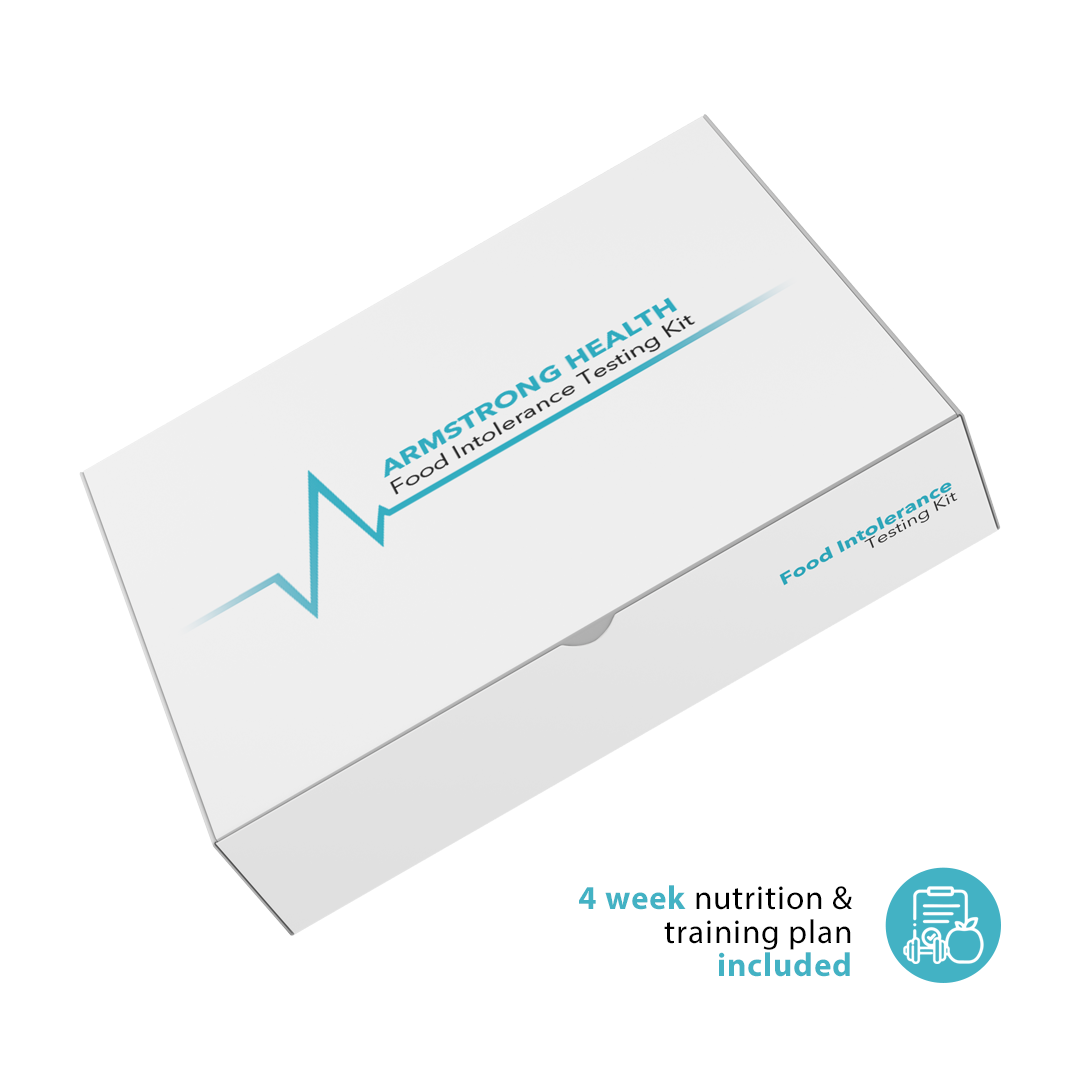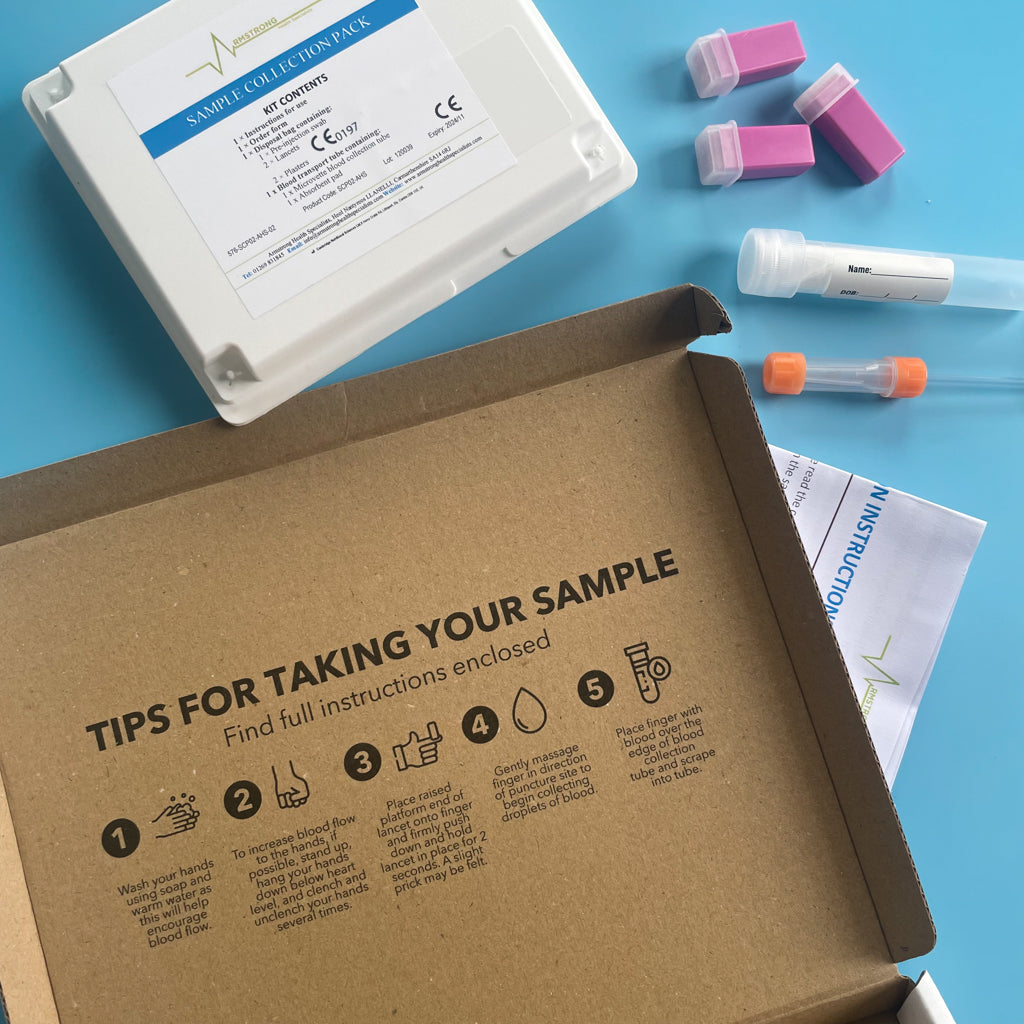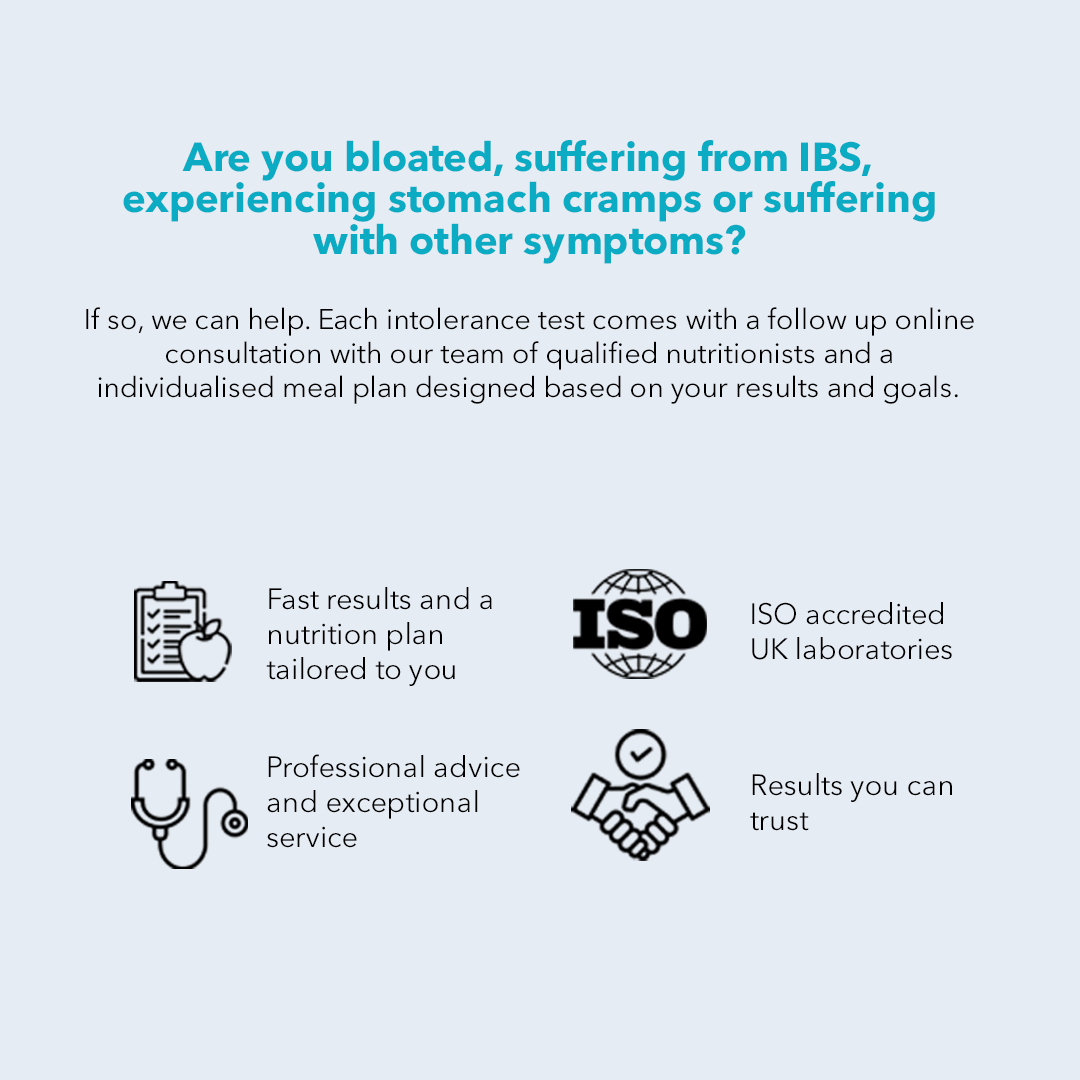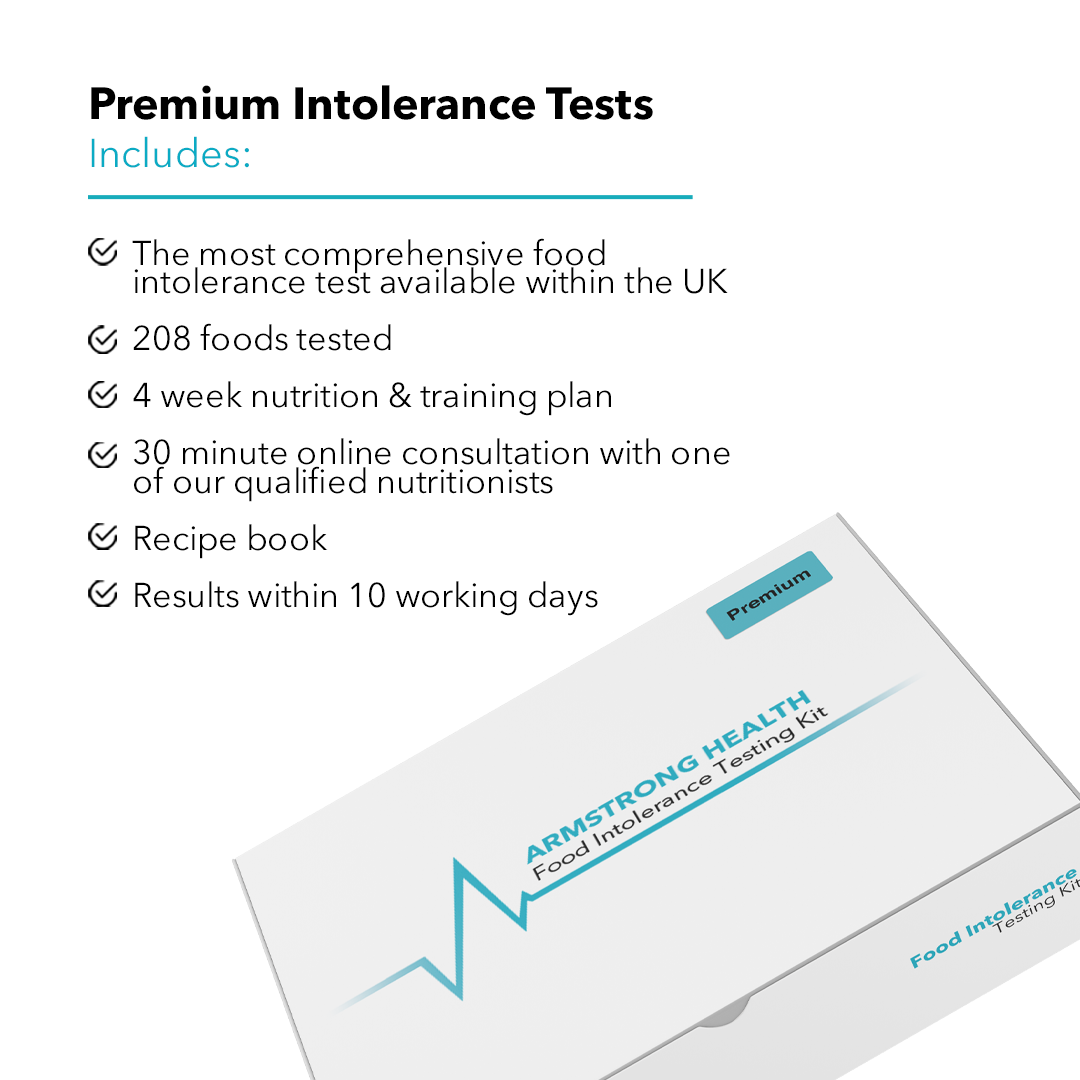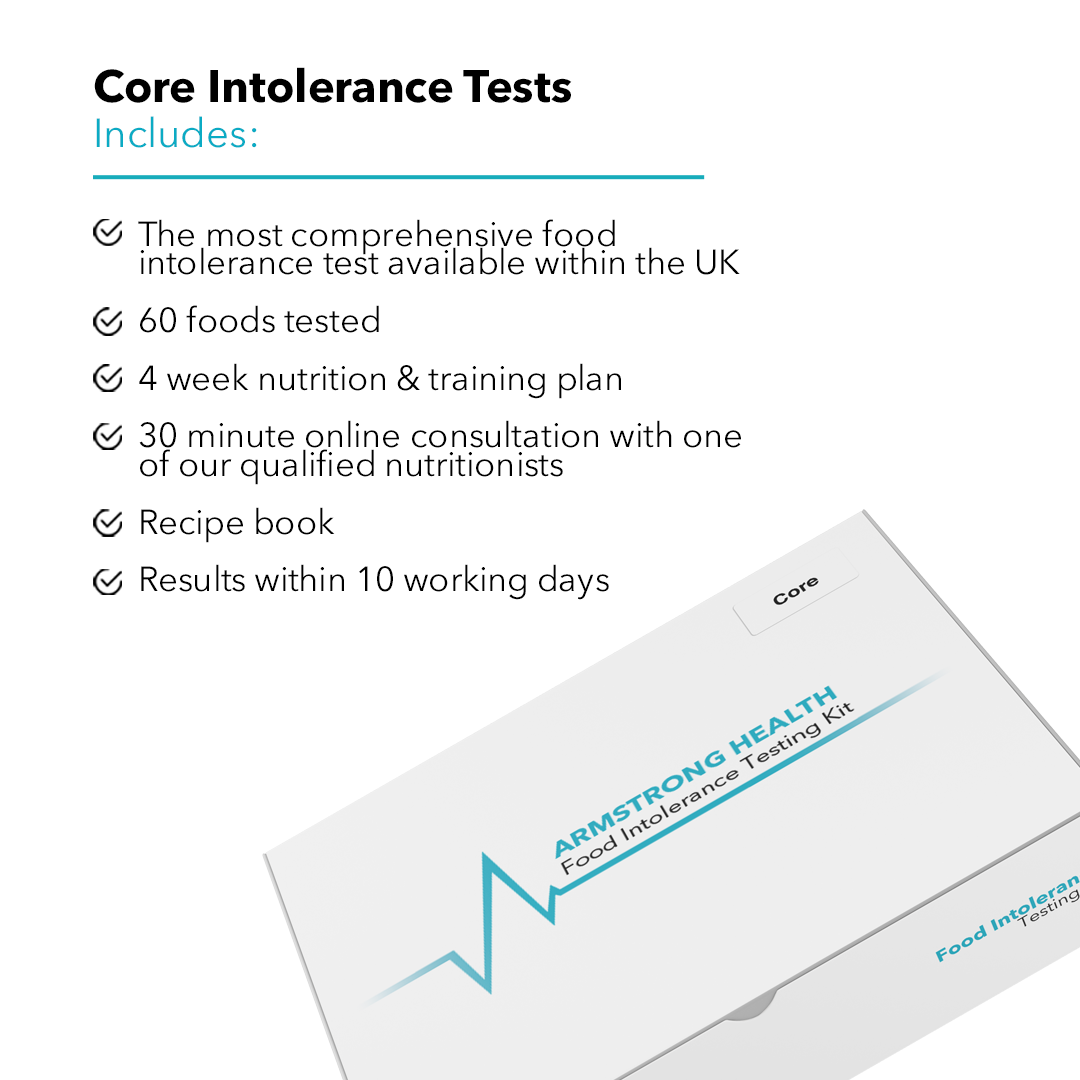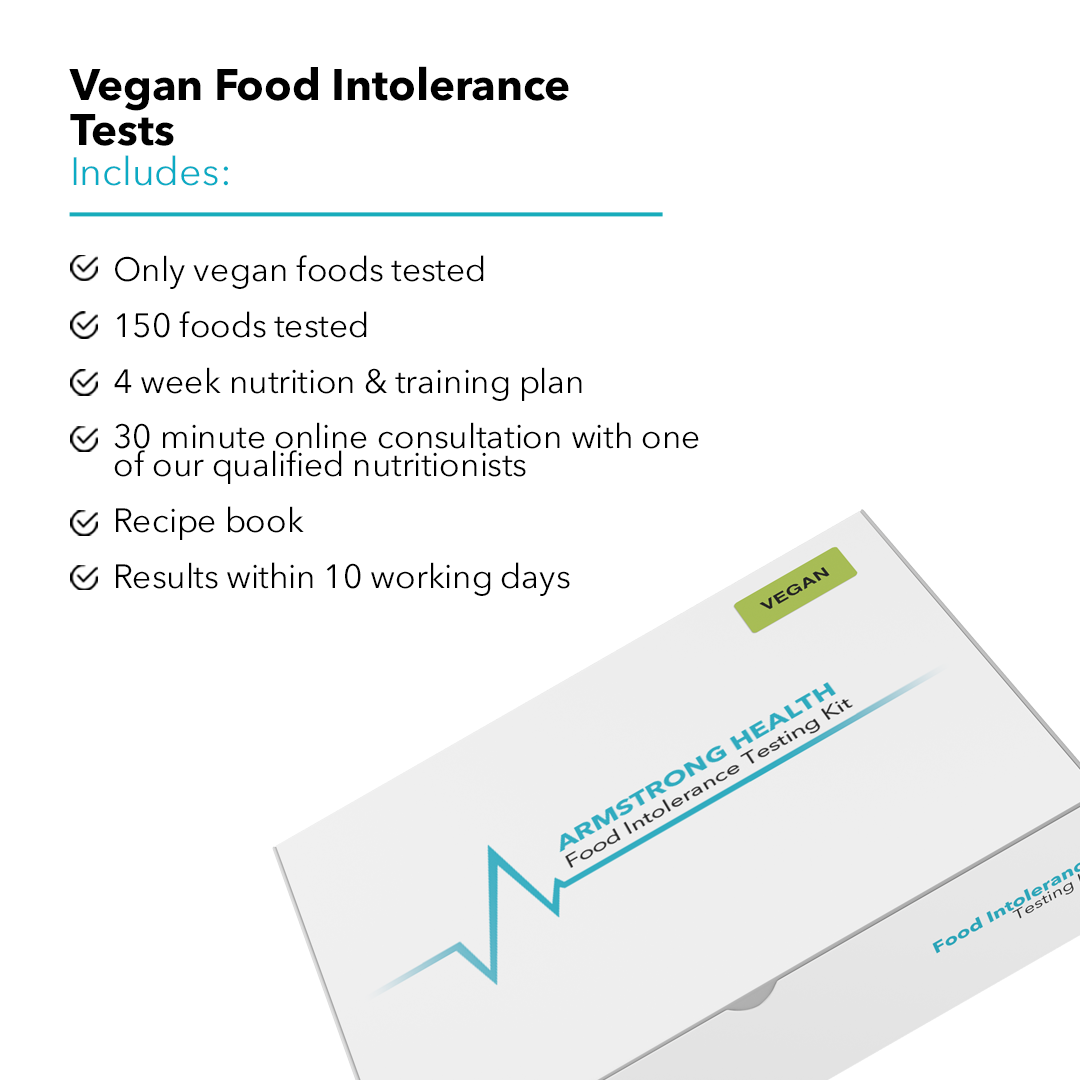It is critical to recognize and treat food intolerances for optimum health in today's fast-paced world when dietary issues are on the rise. Many people have adverse reactions to particular foods, and these intolerances can seriously harm their general health. Dairy and wheat intolerances are among the most prevalent and can result in discomfort and various symptoms. This blog tries to clarify the value of dairy intolerance tests to assist people to identify and effectively manage their intolerances particularly focusing on dairy and wheat intolerance tests.
Understanding Food Intolerance
The inability of the body to digest some substances or dietary components is the hallmark of food intolerance. Food intolerances typically impact the digestive system, as opposed to food allergies, which affect the immune system. Food intolerance can cause everything from minor discomforts like gas and bloating to more severe illnesses like migraines, skin rashes, and exhaustion. Identifying specific intolerances is crucial for adopting a personalized approach to dietary choices.
The Dairy Intolerance Test
The inability to digest lactose, a sugar present in milk and other dairy products, is the primary cause of the common illness known as dairy intolerance. Bloating, stomach pain, diarrhea, and nausea are all potential signs of dairy intolerance. To diagnose dairy intolerance, individuals can opt for a dairy intolerance test. These tests are available both in medical facilities and online.
Online testing for dairy intolerance is accessible and convenient, allowing people to determine their intolerance from the comfort of their homes. To conduct these tests, a little sample is often collected and sent to a lab for examination. The findings give essential information about a person's lactose digestion capacity, enabling them to make wise dietary decisions.
The Wheat Intolerance Test
Gluten, a protein found in wheat, barley, and rye, can cause an unpleasant reaction known as wheat intolerance, commonly known as gluten intolerance or non-celiac gluten sensitivity. Digestion problems, weariness, joint discomfort, and skin conditions are just a few of the symptoms that can vary greatly. People can discover whether gluten is the source of their symptoms by doing a wheat intolerance test.
Online wheat intolerance tests offer a practical choice for people looking to detect their sensitivity, much like dairy intolerance testing does. These tests typically involve taking small blood or saliva samples and sending them to a lab for examination. People can choose their eating habits wisely if they are aware of how their body reacts to gluten.
Benefits of Dairy Intolerance Testing
1. Personalized Diets: Individuals can adopt personalized diets catered to their particular demands thanks to dairy intolerance tests. They can reduce or eliminate their consumption of issue foods by identifying them, which will improve their general well-being.2. Symptom Management: You can alleviate food intolerance by identifying and avoiding trigger foods through dairy intolerance testing. People can take back control of their health and live more comfortably as a result.
3. Improved Digestive Health: People who have food intolerances can alleviate their digestive problems by cutting out the offending foods. It might result in enhanced gut health and higher nutrient absorption.
4. Enhanced Quality of Life: Through dairy intolerance testing, people can actively work towards their health. They can have more energy, feel less uncomfortable, and generally live an improved quality of life by recognizing and controlling food intolerances.
In Conclusion,
To successfully diagnose and manage one's food intolerances, intolerance tests, such as wheat intolerance tests and food intolerance tests online, are extremely important. Utilizing these tests, people can tailor their diets, reduce symptoms, and enhance their general well-being. It is crucial to consult with medical experts to achieve a precise diagnosis and create a management strategy based on the test results. Gaining maximum health and leading a satisfying life requires understanding and managing food intolerances.






